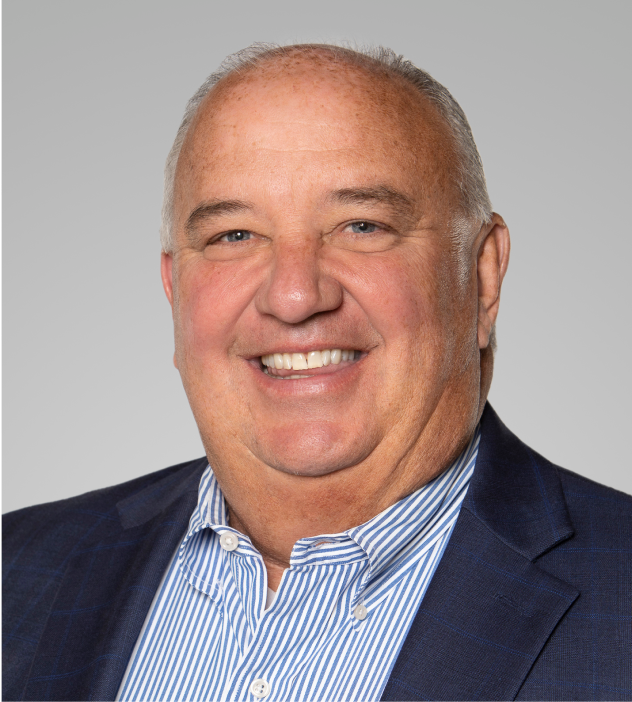As an employer, if you have a retirement plan of any type, it is important to understand the nature and complexity of the responsibilities that go with it. Retirement plans come in all shapes and sizes, including the traditional 401(k) plan, profit sharing plans, 403(b) plans, defined benefit plans, employee stock ownership plans, and health and welfare plans. All of these plans must operate within the rules and regulations of the Employee Retirement Income Security Act of 1974 (ERISA) and the Internal Revenue Service.
While larger employers may have sophisticated human resources and accounting departments to monitor their plans, smaller companies may not have the same structure, internal resources, or level of knowledge. They may also not realize the fiduciary responsibilities associated with operating their plans.
With the increase in the number of plans, the U.S. Department of Labor (DOL) is paying closer attention to how plan administrators discharge their legal obligations to comply with plan documents, prudently monitor plan investments, and exercise oversight over third-party service providers. Additionally, the DOL has mandated greater transparency over vendor fees, which has contributed to a rise in class-action lawsuits filed against companies over expenses and revenue-sharing arrangements for investment activities within 401(k) plans.
Plan fiduciaries have important responsibilities and are subject to standards of conduct because they act on behalf of plan participants and beneficiaries. Among other responsibilities, fiduciaries must:
- Act solely in the interest of plan participants
- Ensure plan assets are being used exclusively for the payment of plan benefits or defraying “reasonable” administrative expenses
- Offer “reasonable” fees for services between the plan and a “party-in-interest” (plan trustee, investment advisor, record keeper or consultant)
Fiduciaries who fail to follow the basic standards of conduct may be personally liable to restore any losses to the plan, or to restore any profits made through improper use of the plan’s assets resulting from their actions.
In order to minimize the risk to the employer and comply with the law, plan sponsors should address the following questions:
- Have you identified your plan fiduciaries, and are they clear about the extent of their fiduciary responsibilities?
- If participants make their own investment decisions, have you provided sufficient information for them to exercise control in making those decisions?
- Are you aware of the schedule to deposit participants’ contributions in the plan, and have you made sure it complies with the law?
- If you are hiring third-party service providers, have you considered whether the fees are reasonable for the services provided?
- Have you documented the hiring and monitoring process of your plan’s service providers?
- Have you identified parties-in-interest to the plan and taken steps to monitor transactions with them?
- Have you reviewed your plan document in light of current plan operations and made necessary updates? After amending the plan, have you provided participants with an updated summary plan description or summary of material modification?
- Do those individuals handling plan funds have a fidelity bond?
Employee benefit plans, and those responsible for administering them, are facing higher scrutiny and more regulations than ever before. Trustees and administrators must be cognizant of this environment and take the necessary steps to minimize their risk.
A quality employee benefit plan audit, which provides some assurance to the fiduciaries that their auditor has tested the actual operations of the plan against its plan document, is a valuable resource to plan trustees. It should no longer be seen as just another expense for meeting a regulatory obligation. Rather, the value of a quality benefit plan audit is important for assisting the fiduciaries in fulfilling their responsibilities and minimizing the potential liability risk to plan administrators and trustees.
Mark G. Metzler can be reached at Email or 215.441.4600.

